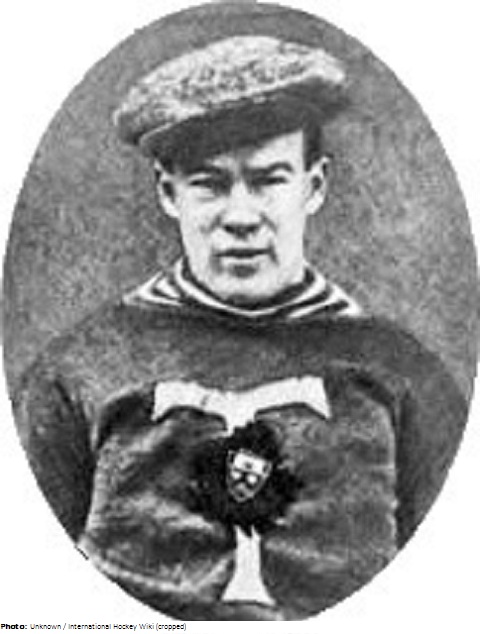Joseph “Joe” Sullivan’s careers in life were as varied as they were successful. He first tasted success as goaltender of the University of Toronto’s junior ice hockey squad in 1919, when the team took the Memorial Cup, awarded annually to the men’s amateur junior championship team. The following season, he was both captain of the junior team and a member of the senior one, winning the intercollegiate tournament with the latter. He played with the team for five more seasons, captaining once in 1924-1925, and winning four more intercollegiate championships, all while working towards a degree in medicine. He also played golf at the University of Toronto, winning intercollegiate titles in 1923 and 1924, the latter as captain of the school’s golf club. In 1926 he joined the Toronto Graduates and won the Allan Cup, the annual trophy for the amateur senior men’s championship ice hockey team, and earned the chance to represent Canada at the 1928 Winter Olympics. He also threatened to boycott the team unless his older brother Frank was allowed to join the team, against coach Conn Smythe’s wishes. During the two games where he minded the net, his teammates scored a total of 24 goals, but his opponents could not manage a single one. It was no surprise that Canada took that gold at that year’s ice hockey tournament.
After the Olympics, Sullivan’s interests shifted from hockey and he began to practice medicine, specializing in otolaryngology, which focuses on the ear, nose and throat. During World War II, he served as a captain in the Royal Canadian Air Force and, afterwards, moved into academics as an associate professor at the University of Toronto, and eventually served on the university’s Board of Governors. He continued his practice as a physician even when appointed to the Canadian Senate by Canadian Prime Minister John Diefenbaker, a patient of his, and he served in that capacity until his retirement in 1986. He died two years later in 1988, the same year that he was made a member of the University of Toronto Sports Hall of Fame. During his lifetime, he was made a Knight of the Order of the Holy Sepulchre and a Knight Commander of Order of St. Gregory the Great with distinction under the Roman Catholic Church. As a final honor, the Senator Joseph A. Sullivan Trophy is now given to the top ice hockey player in Canadian Interuniversity Sport.

 Canada
Canada CAN
CAN